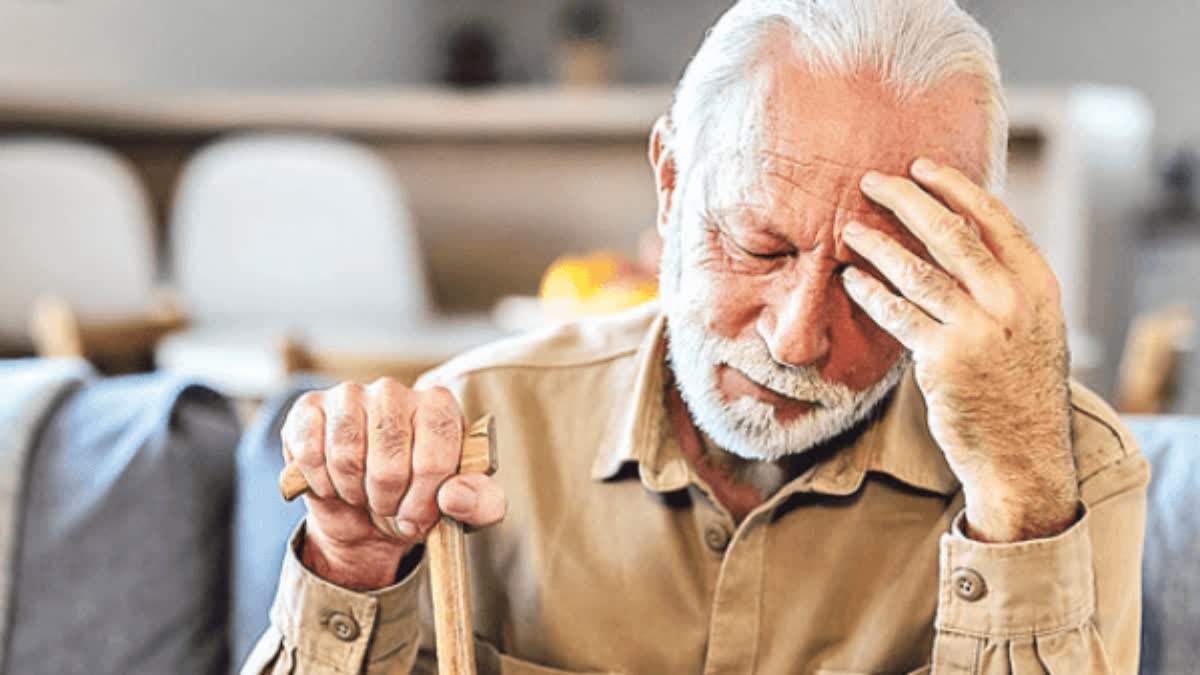Hyderabad: Falling is a major concern among the elderly, posing severe threats to physical and mental well-being. Recent research by the Imperial College of London highlights that one in three individuals over 65 experiences at least one fall annually, with 10% sustaining serious injuries. Dr. Praveen Kulkarni, Senior General Physician at KIMS Hospitals, here in Telangana, emphasizes the need for caution and proactive measures to mitigate this risk.
The grim reality of falls in old age
A 70-year-old man with diabetes and high blood pressure succumbed to severe head injuries after a fall in his bathroom, despite a month of ICU treatment. Similarly, a 73-year-old faced prolonged bed rest and irreversible mobility issues after a spinal injury from a fall. These cases underscore the severe impact of falls among senior citizens.
Why do falls happen?
Falls are often linked to underlying health issues:
- Loss of Balance: The ear’s role in maintaining balance diminishes with age due to infections or other problems, leading to dizziness and falls.
- Medication Side Effects: Drugs such as antidepressants, antihistamines, and certain heart medications may cause dizziness or fainting.
- Orthostatic Hypotension: Sudden blood pressure drops upon standing can result in unconsciousness.
- Peripheral Neuropathy: Nerve damage, often in diabetics, causes unsteady footing.
- Low Blood Sugar: This can lead to fainting and falls if not carefully managed.
Mental and physical consequences
Falls don’t just harm the body; they leave deep psychological scars. Injuries like hip fractures, common in falls, can confine seniors to bed for extended periods, leading to:
- Pressure sores and infections.
- Respiratory complications.
- Mental health issues such as anxiety and depression.
